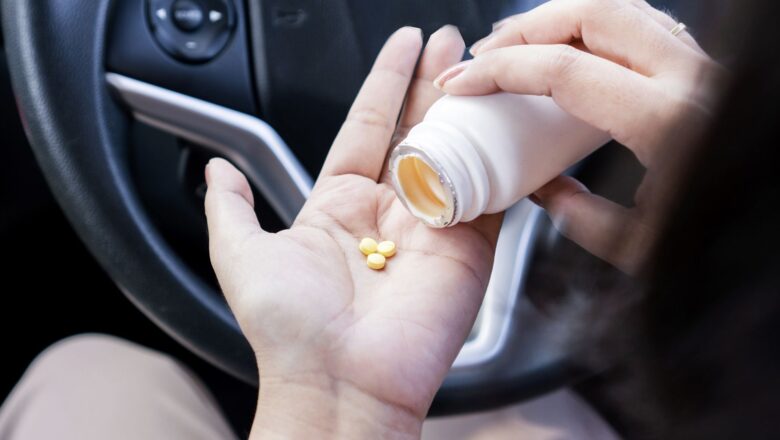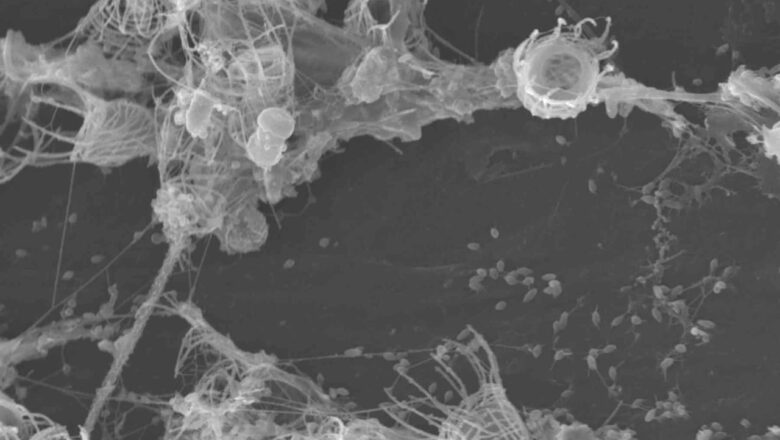
Does Acetaminophen Influence Risk-Taking Behavior? New Study Says It Might
Acetaminophen, one of the most commonly used pain relievers worldwide, may do more than ease headaches it could also impact how people perceive risks. A 2020 study from The Ohio State University suggests that this popular over-the-counter drug might lower risk awareness and increase risk-taking behavior.
"Acetaminophen seems to make people feel less negative emotion when they consider risky activities they just don't feel as scared," explains neuroscientist Baldwin Way, the study's lead author.
Given that nearly 25% of Americans take acetaminophen weekly, these findings could have broader implications for decision-making and risk perception in everyday life.
In a series of experiments, researchers tested the effects of a 1,000 mg dose of acetaminophen the maximum recommended singl...









